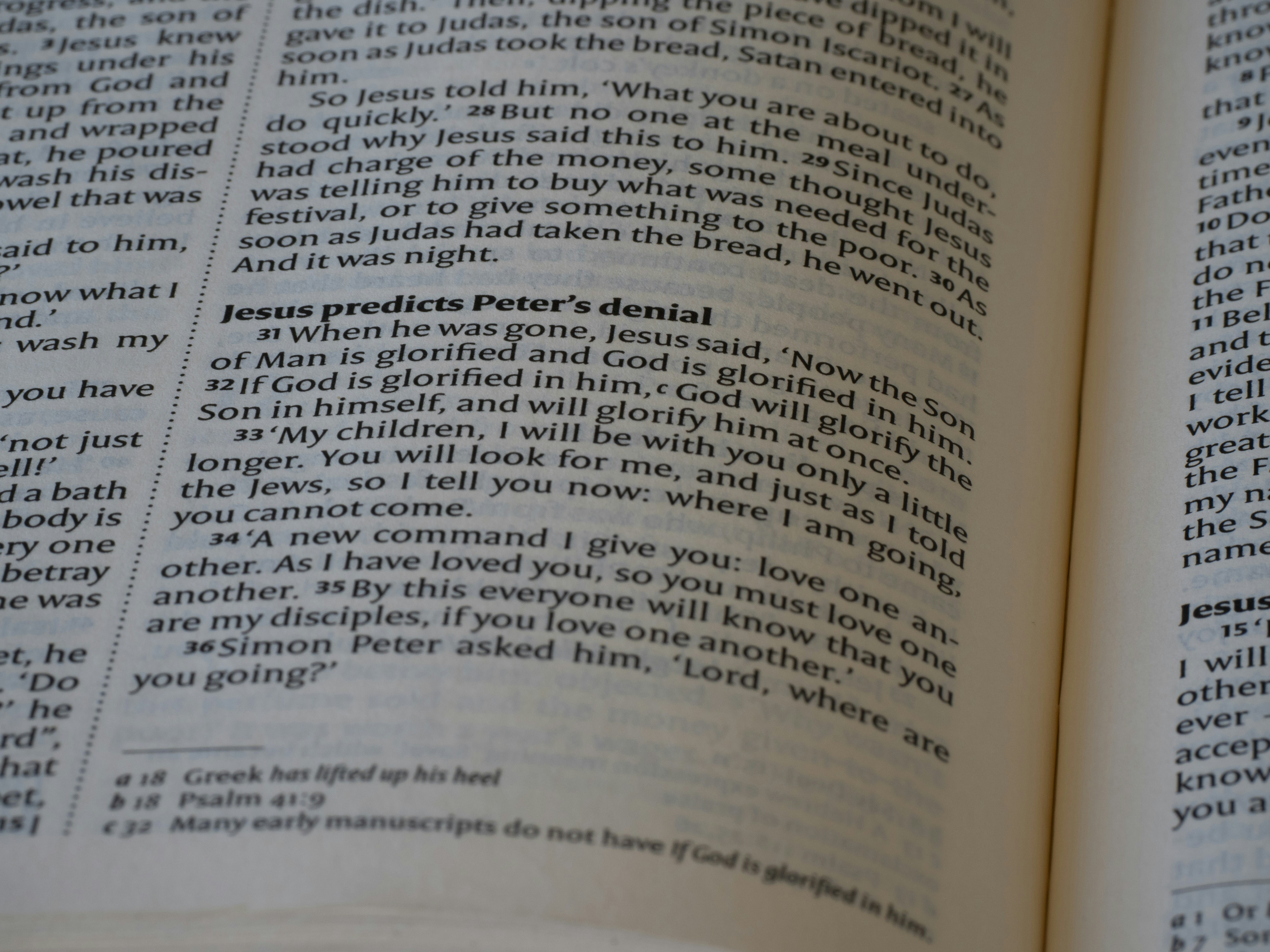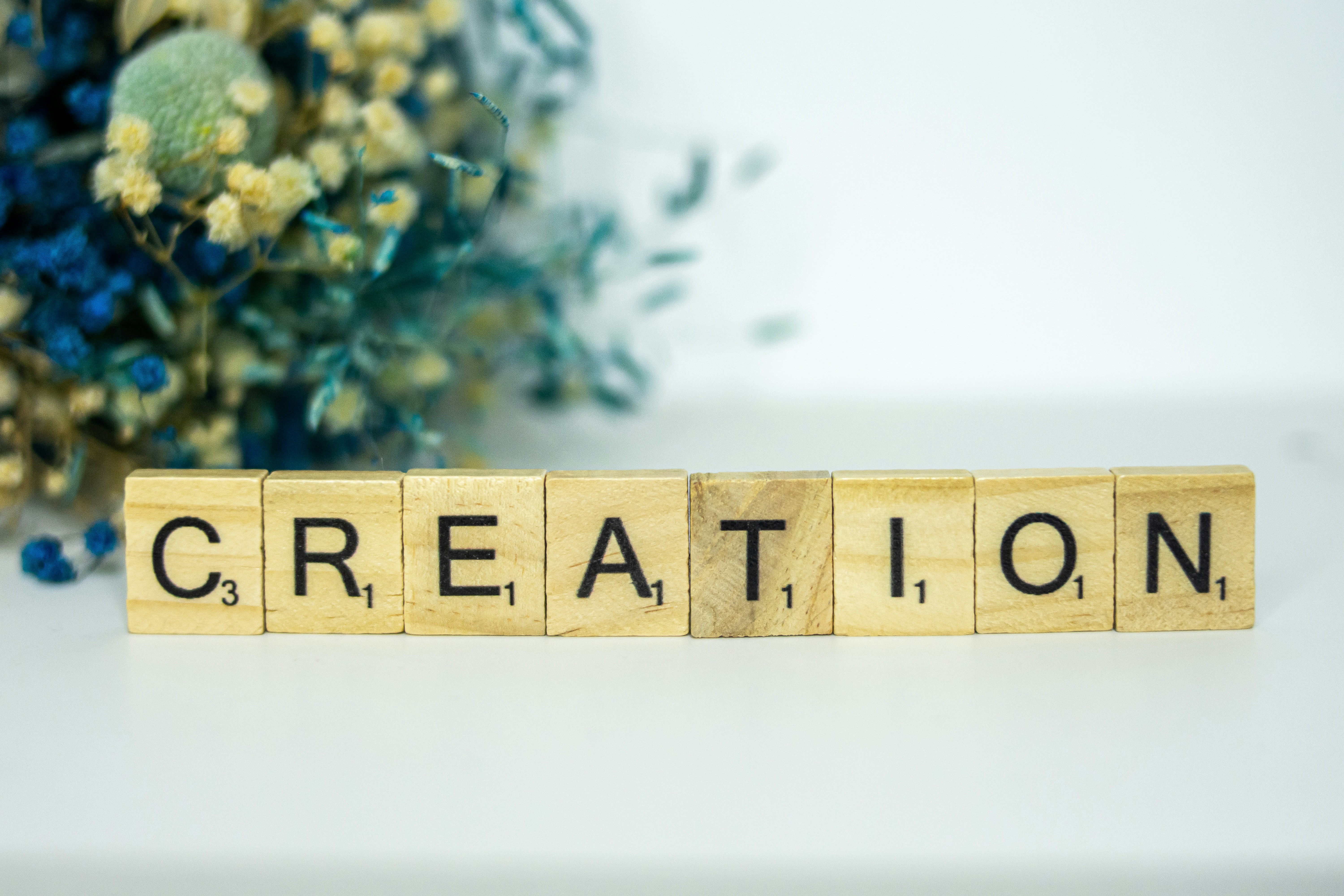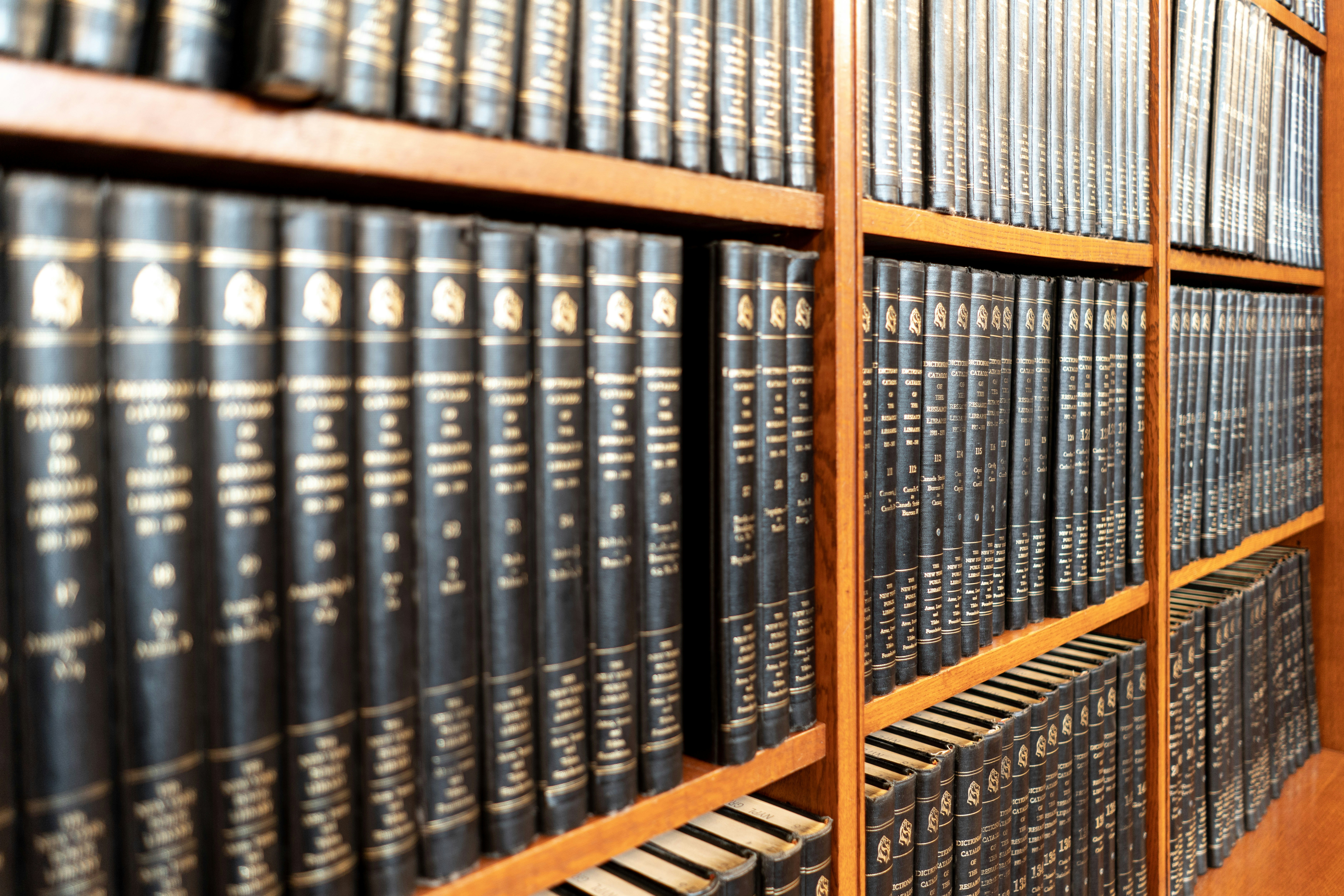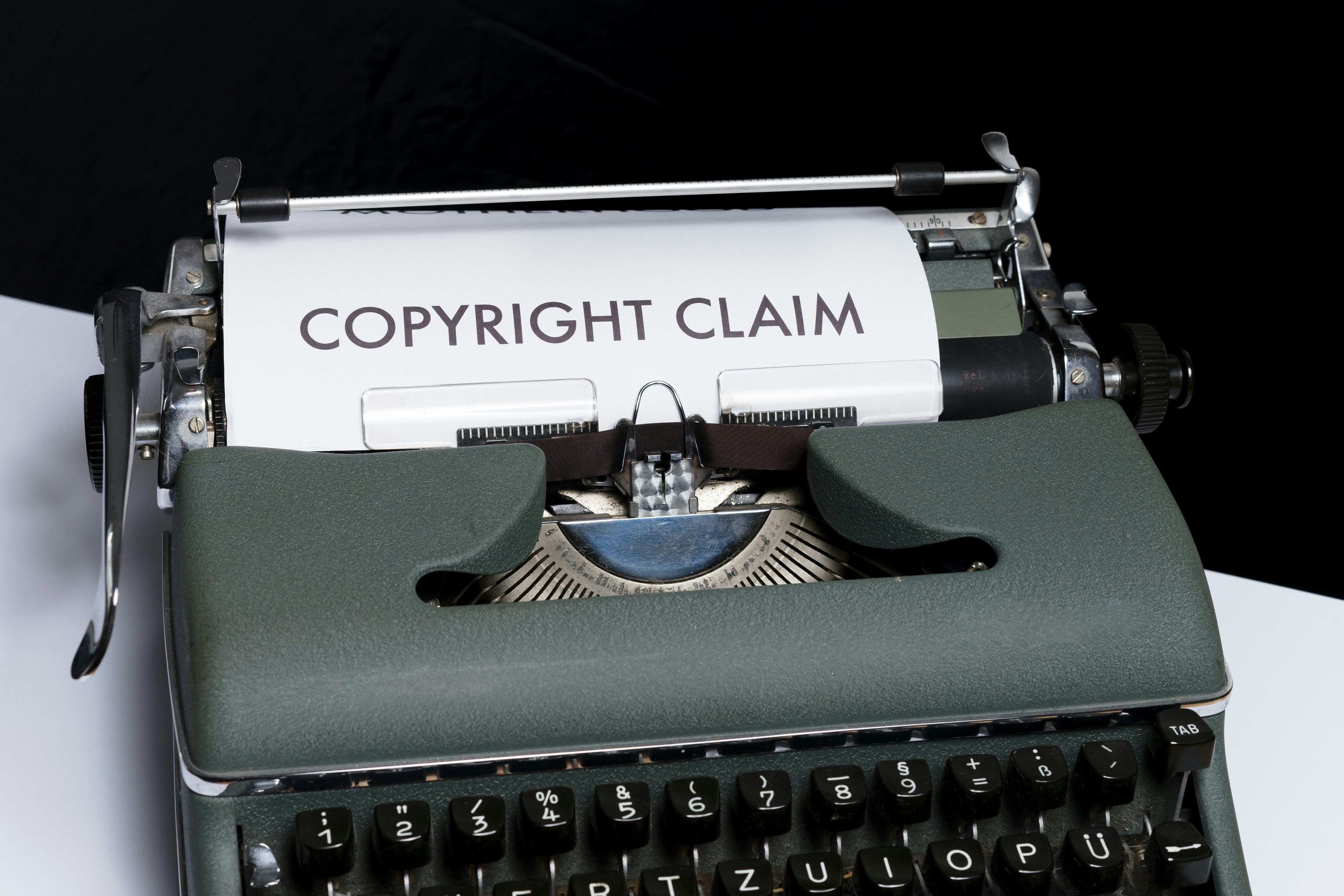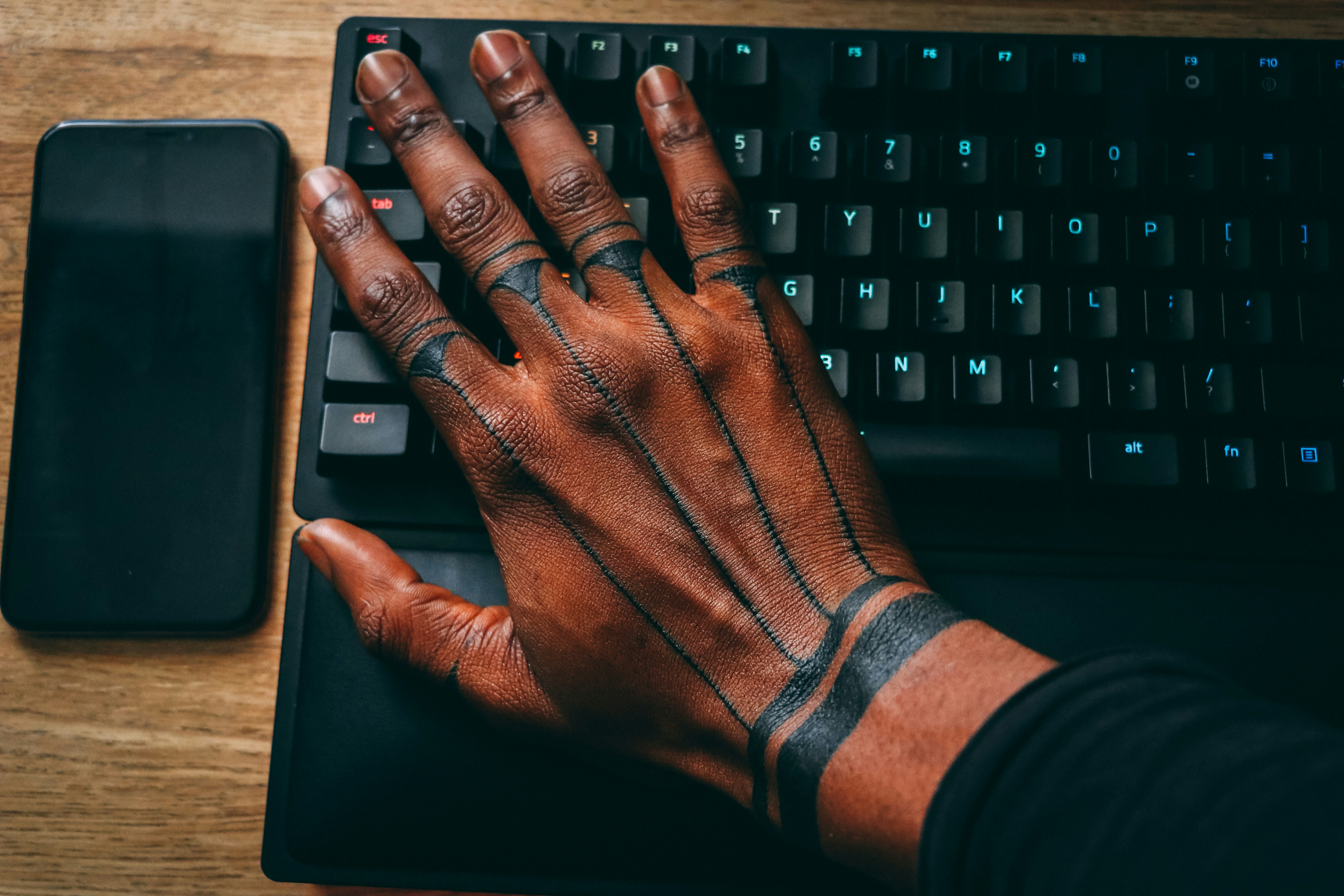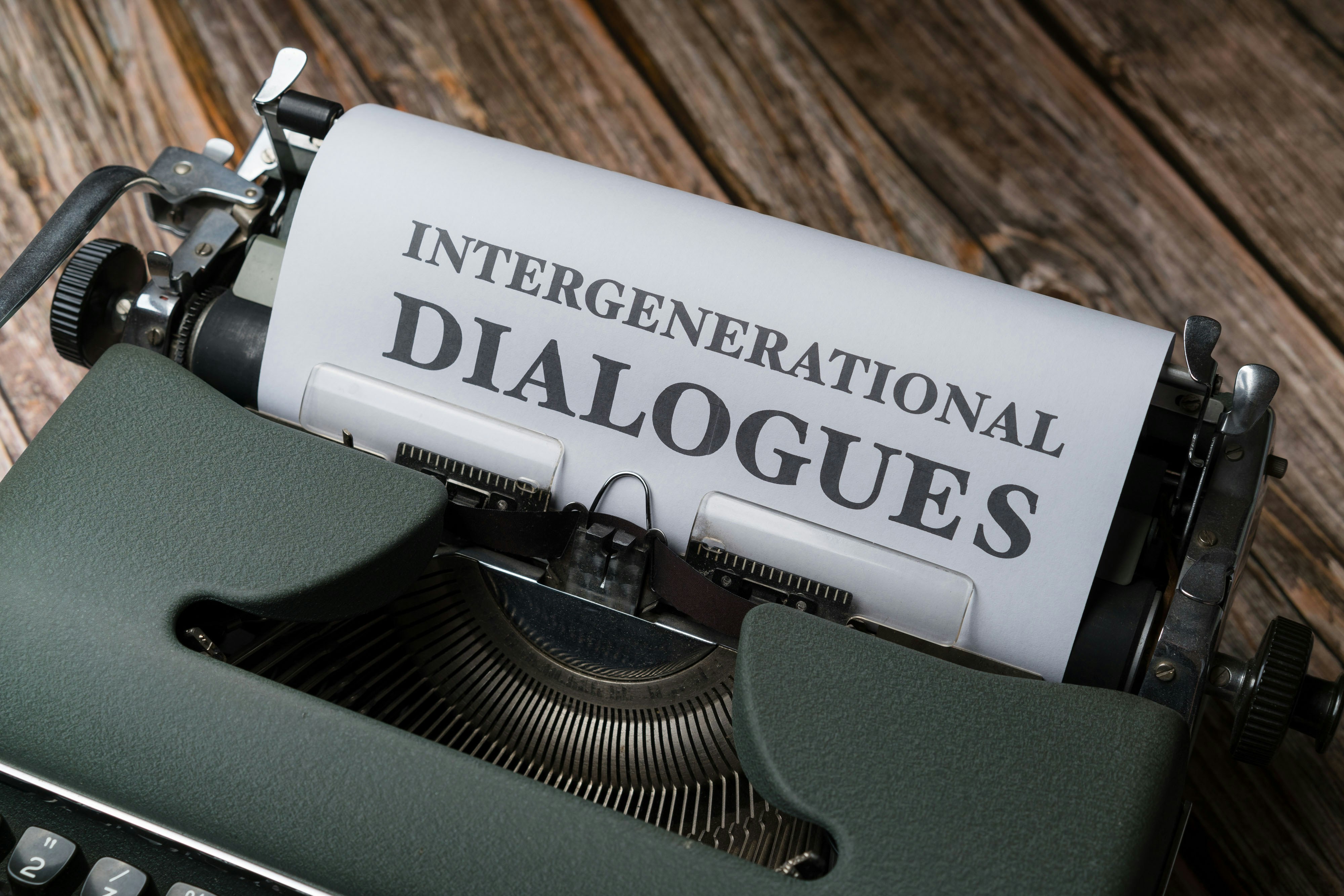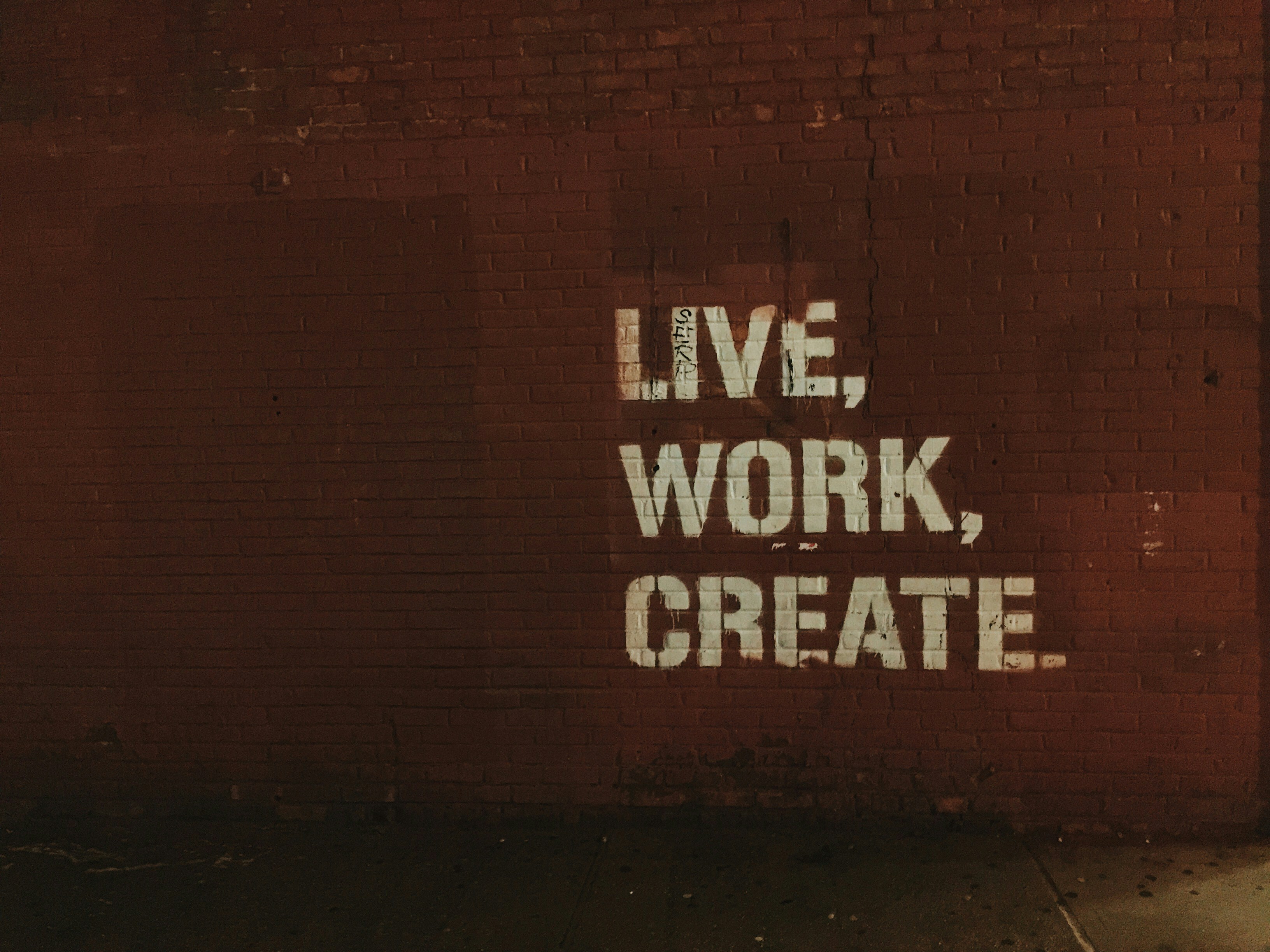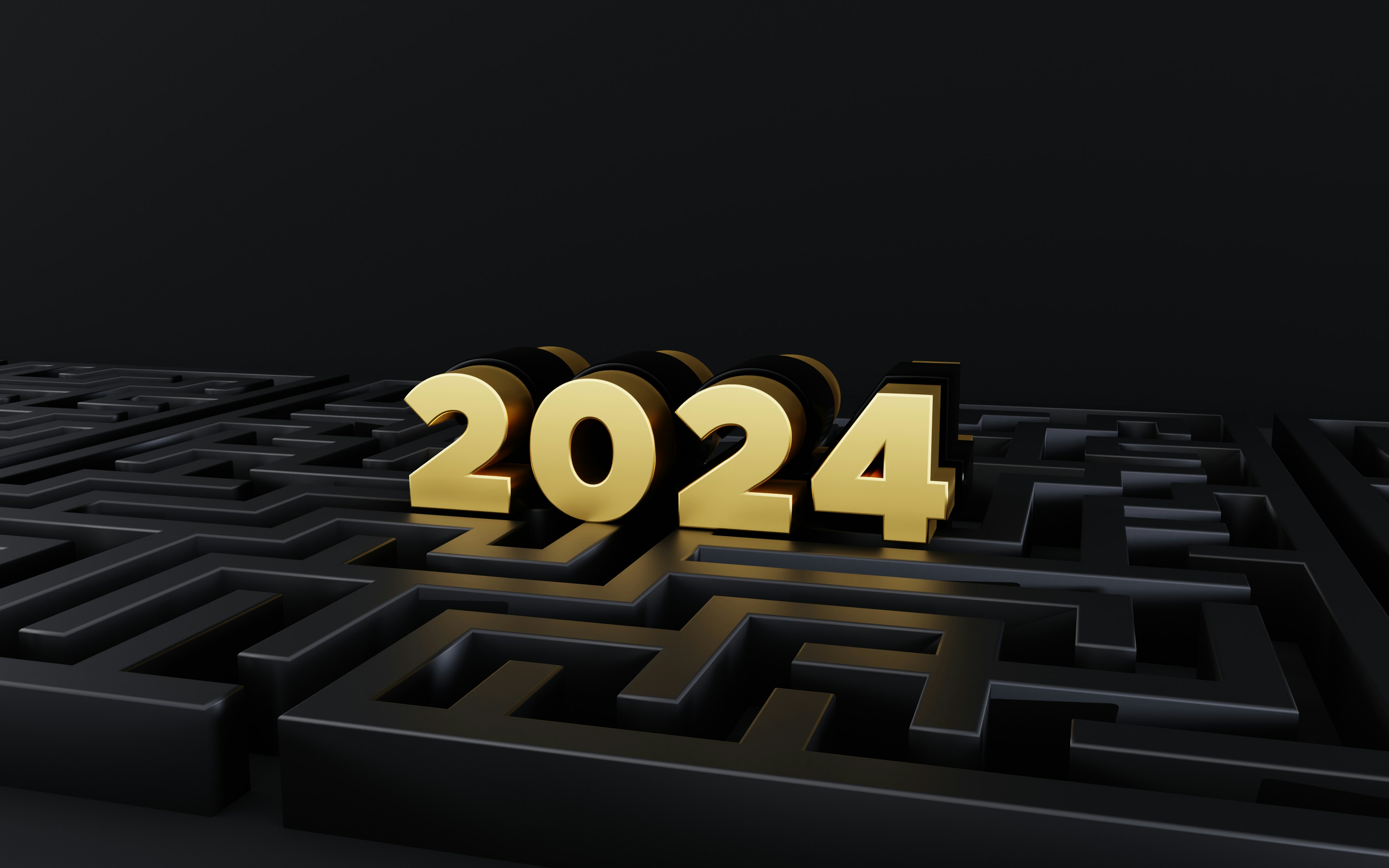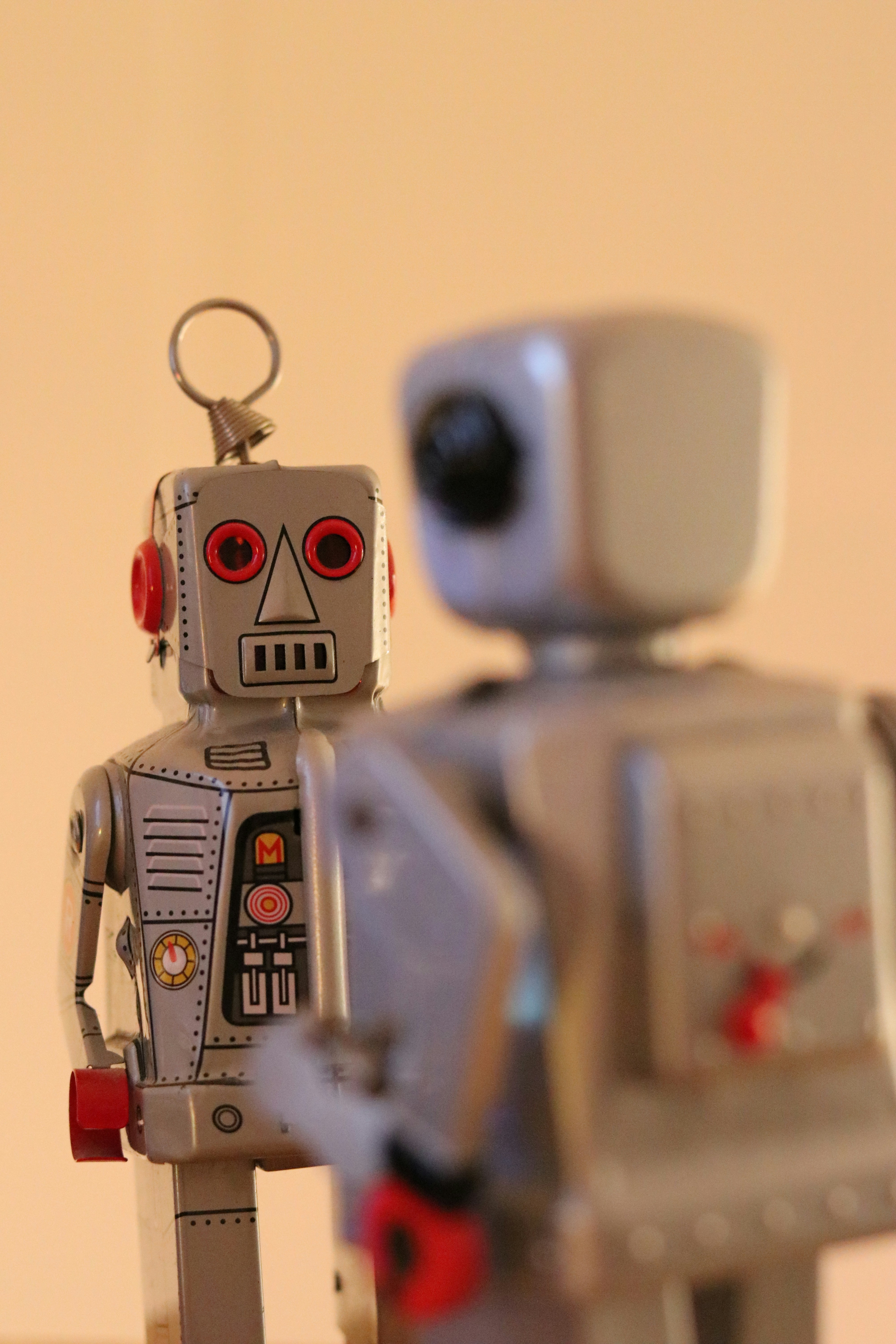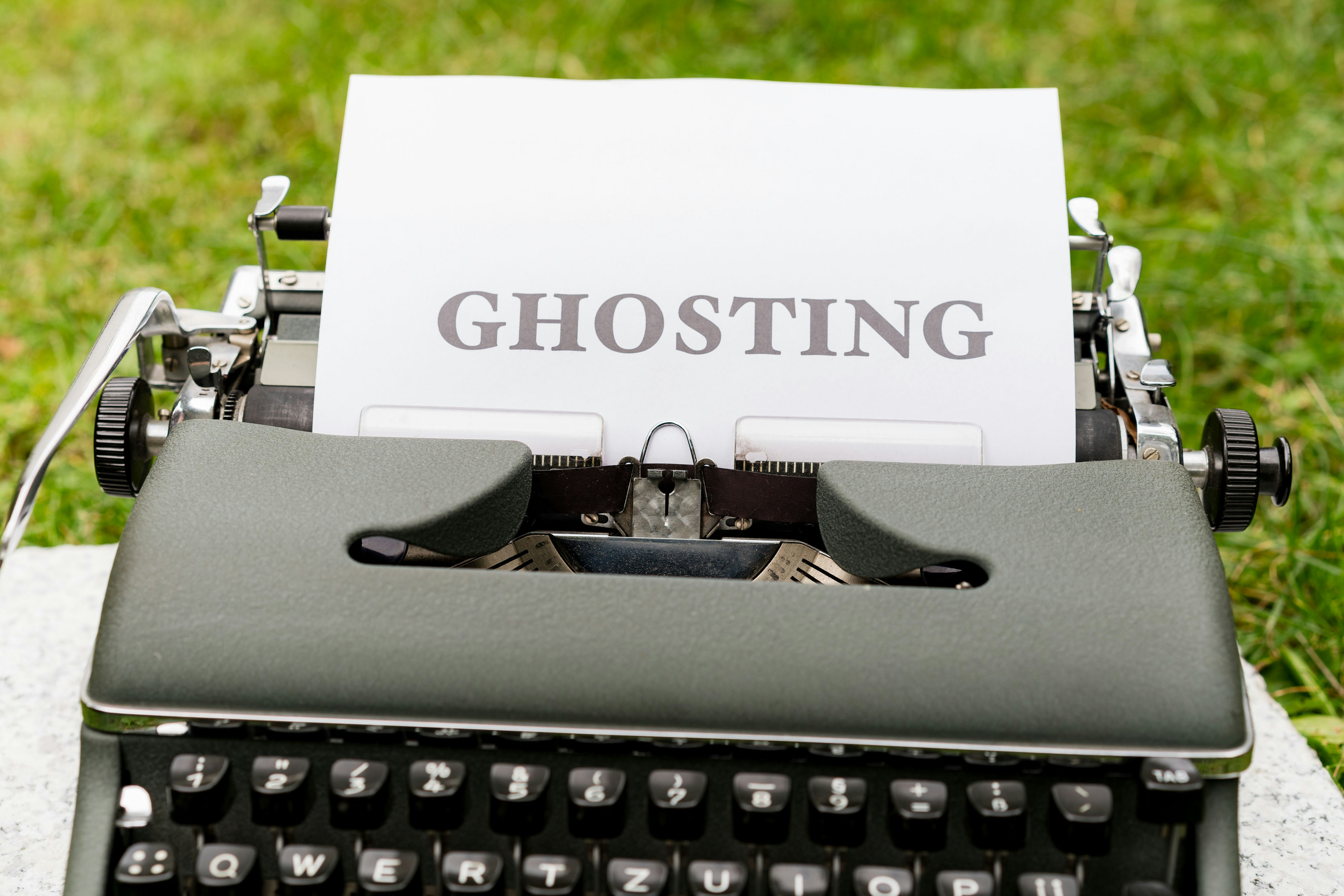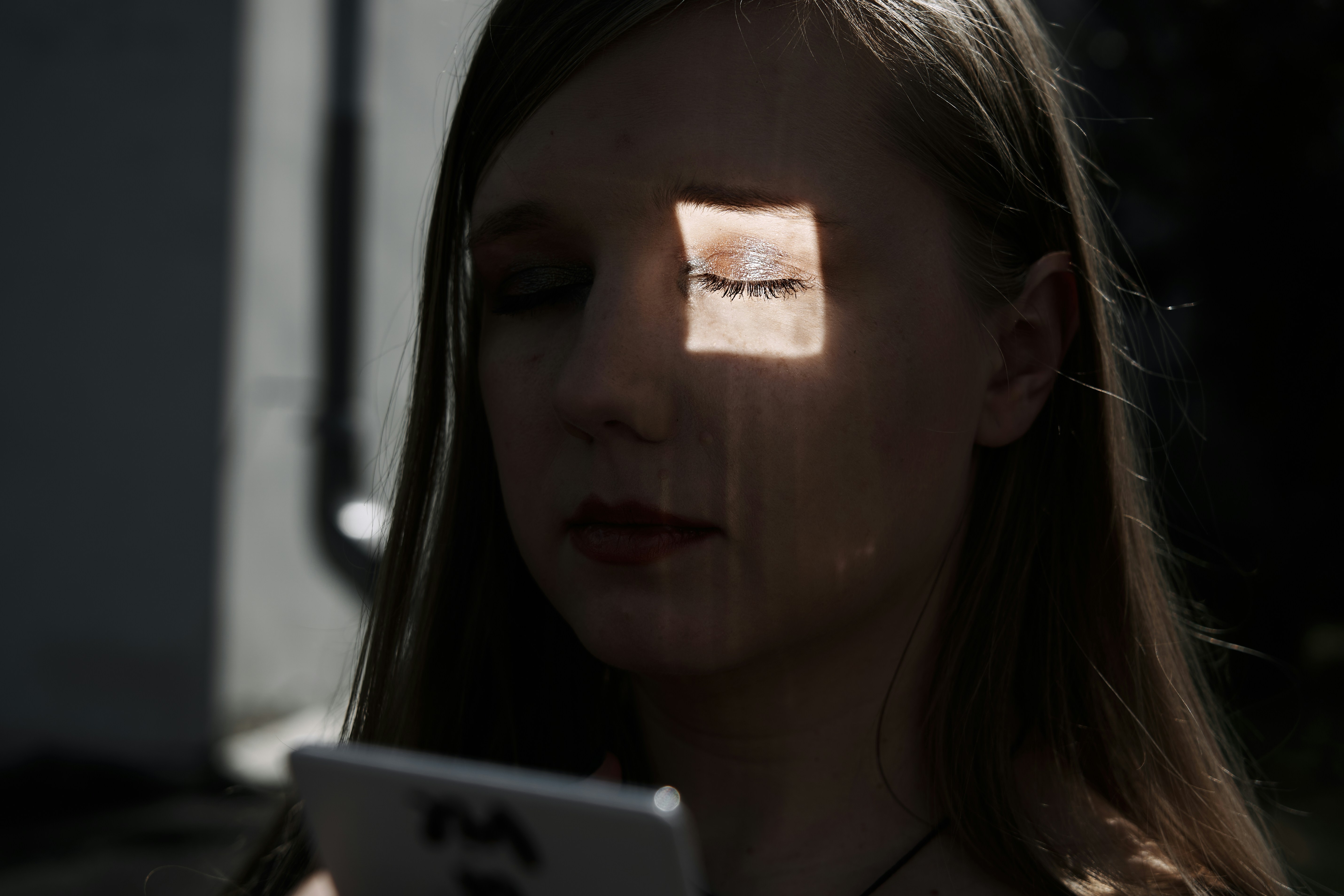Who Owns Your Digital Creativity? AI and Intellectual Property Explored
In an era where artificial intelligence (AI) is revolutionizing creativity, the question of ownership in this digital age becomes imperative. As we dive deeper into how AI-generated content interacts with traditional concepts of intellectual property (IP), you’ll discover how legal intricacies influence the ownership of your digital creativity. From artists to writers and software developers, everyone is navigating this evolving landscape, often unaware of the fundamental legal principles at play.
Understanding AI and Intellectual Property
Artificial intelligence is altering not just how we create but also who can claim the title of creator. This shift poses unique challenges to existing IP laws. Traditionally, intellectual property encompasses copyright, trademarks, and patents all designed to protect original works and inventions. The crux of the issue lies in whether an AI can indeed be considered an originator.
AI as a Creator: Threat or Opportunity?
It's essential to define AI-generated creativity. When a program like OpenAI’s GPT or Google's DeepMind produces written content or art based on algorithms and extensive datasets, can the output be classified as original? Current intellectual property laws are designed with human creators in mind and often fall short when it comes to AI-generated work. This raises profound legal questions:
-
Can AI Own IP? Currently, under the U.S. Copyright Office guidelines, copyright protection applies only to works created by human authors. Therefore, if an AI generates artwork or text, who holds the rights? The original programmer? The user who commissioned the work? Or is it a grey area yet to be fully explored?
-
Who Benefits from AI-Generated Art? Artists often use AI as a tool, blending their creativity with machine capabilities. However, concerns arise about appropriation and originality. When an artist relies on AI for inspiration or a substantial portion of their work, do they merit ownership of the final product? This concept, often discussed in relation to generative art, prompts debates over authorial rights.
For further insight into these daunting dilemmas, refer to our article on AI-generated art and copyright ownership for a detailed exploration.
Legal Frameworks Adapting to Technological Advances
As AI continues to evolve, so must the laws governing intellectual property. Some jurisdictions are beginning to note this shift. In the European Union, talks about a "right to data" approach might pave the way for a new legal framework aimed at addressing digital innovations. For instance, in light of ongoing discussions, places like California are examining how existing laws apply to AI, with some proposing the idea of giving rights to AIs in specific scenarios.
The Role of Copyright: Past and Present
Copyright laws were created to protect authors and ensure they are compensated for their creations. However, the ambiguity around AI-generated works has led to calls for reform. As authors and creators of AI tools hold sway over outputs, the laws governing ownership are conflicting. This potential for ambiguity makes legal advice crucial for anyone involved with AI-generated work.
The Human Touch in AI Content Creation
Despite AI’s groundbreaking advancements, the human component remains vital. While AI can generate text blazingly fast, the nuances of language, emotion and context still need human oversight. When creators work with AI, their personal expressions infuse the work with originality that AI cannot replicate. Hence, the title of creator should arguably remain human, with AI being a sophisticated tool rather than the originator.
For a more extensive look into the challenges of AI in creative sectors, you'll find our post on navigating AI in legal contexts particularly informative.
International Considerations on AI and Intellectual Property
While countries like the United States and those in the EU are tackling these issues, there is a broader global conversation occurring. Different cultures approach AI and IP differently due to variations in values, technology adoption, and monetization strategies. For example:
- In Europe, there's a growing push for more robust regulations governing AI and IP, aligning with stricter data privacy laws like GDPR.
- In Asia, countries such as China are rapidly advancing AI technologies while developing their legal frameworks, complicating international IP disputes.
The Ethics of AI-Created Works
The intersection of AI and ethics is a complex topic often overlooked. As new technologies emerge, ethical considerations come to the forefront. When it comes to AI-generated content, several ethical dilemmas arise:
Intellectual Property vs. Moral Rights
Moral rights pertain to an author's right to protect their personal and reputational interests in their works. For example, an author may object to their work being altered or attributed incorrectly. However, AI-generated works challenge these rights—if a machine creates art that causes offense or misrepresentation, who is responsible?
In exploring the ethics surrounding AI creations, consider reading our article on the ethical landscape of AI technology in law to understand the growing concerns regarding oversight and accountability.
Future Challenges in AI Ownership
As we delve into ownership issues, it’s clear this conversation isn’t just about current technologies but also about anticipating future developments. Upcoming innovations such as the rise of deepfake technology, virtual reality (VR), and digital twins will further complicate the landscape of IP. Moreover, as machines evolve to create more sophisticated outputs, they will test the legal frameworks even further.
Practical Steps for Navigating AI IP Issues
For those operating within these realms, here are several steps you can take:
-
Consult with Experts: Seek legal advice from professionals who understand both the nuances of intellectual property laws and the complexities of AI.
-
Document Everything: Keep detailed records of your creative process, including drafts, sketches, and styles employed. This documentation can serve as evidence of the originality of your work.
-
Embrace Collaboration: Work in tandem with legal experts and technology specialists to ensure your outputs are legally fortified.
-
Stay Informed: Keep abreast of changes in legislation and innovative practices regarding AI and IP, as this field is dynamic and rapidly evolving.
-
Evaluate Your Tools: Consider which AI tools respect and comply with intellectual property laws. Backup your creative processes with multiple methodologies.
Recommendations for Future Reading
For a broader understanding of the legal implications surrounding AI and creativity, check out these informative articles: - Discover the implications of virtual realities in our piece on virtual reality therapy. - Gain insights into the ownership disputes over digitally created art by reading who owns AI-generated art.
Final Thoughts: Navigating the Future of IP in an AI-Driven World
The implications of AI on intellectual property are profound. As technology blurs the lines between creator and creation, it compels us to rethink what it means to be an author in this new digital landscape. Future legal frameworks must adapt to ensure the rights of creators while enabling innovation without hindrance.
Whether you’re an artist, writer, or tech enthusiast, remaining informed and proactive about these developments is crucial. As we step into the unknown, understanding legal challenges becomes essential, not just for safeguarding your creations but for navigating this exciting new frontier of human-machine collaboration.
